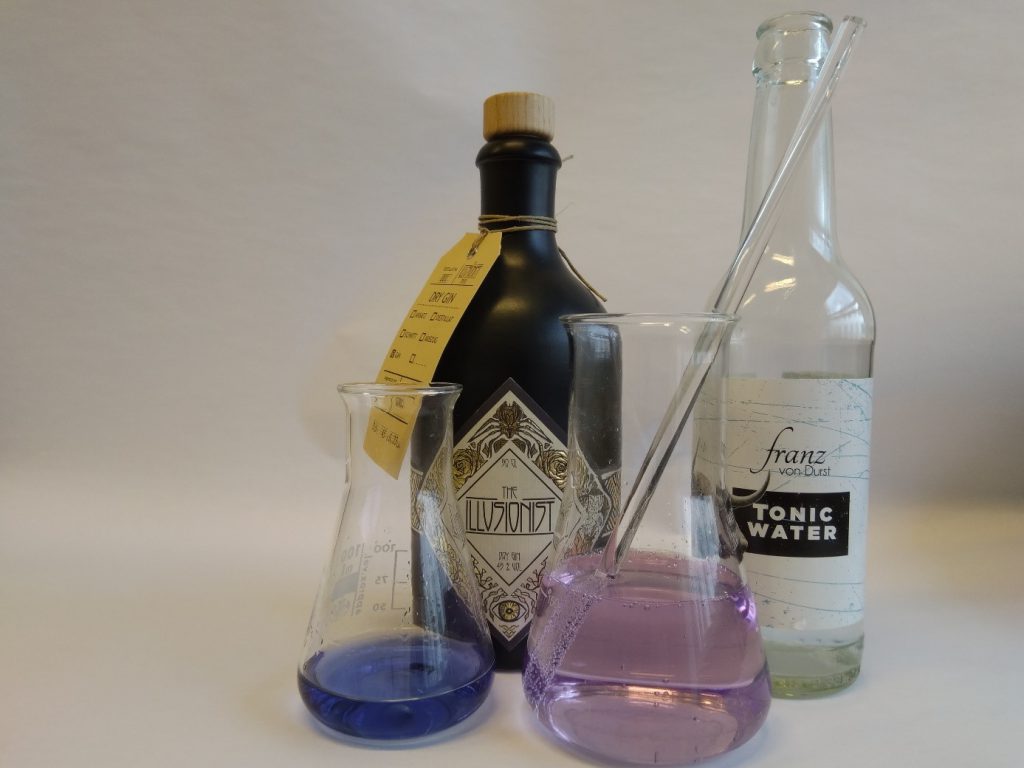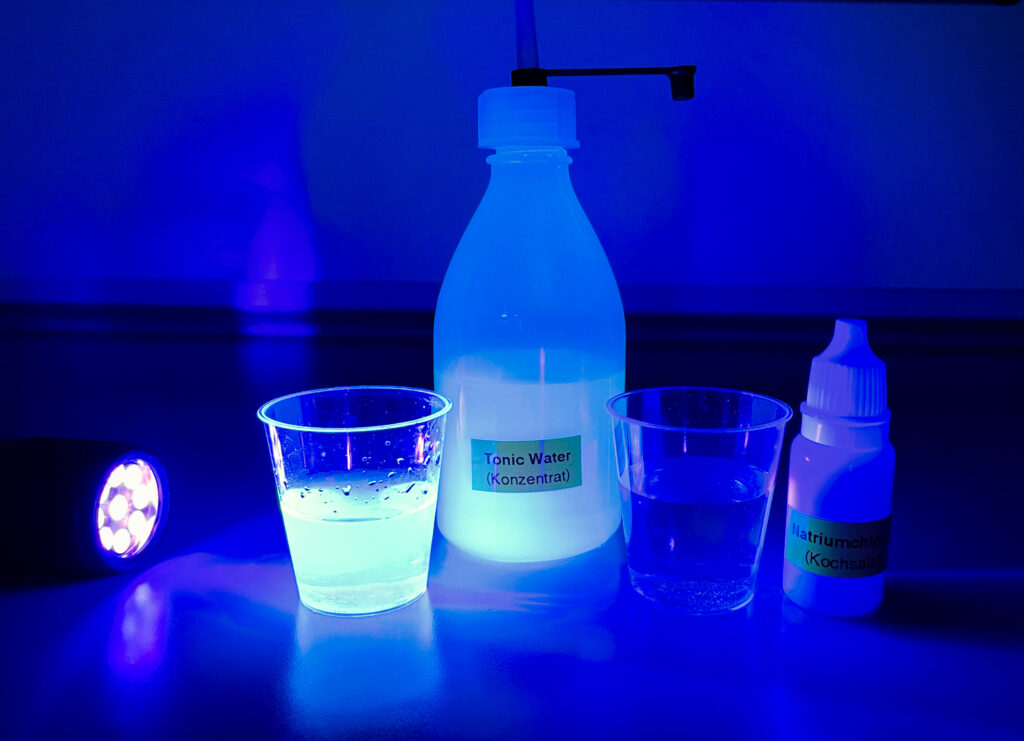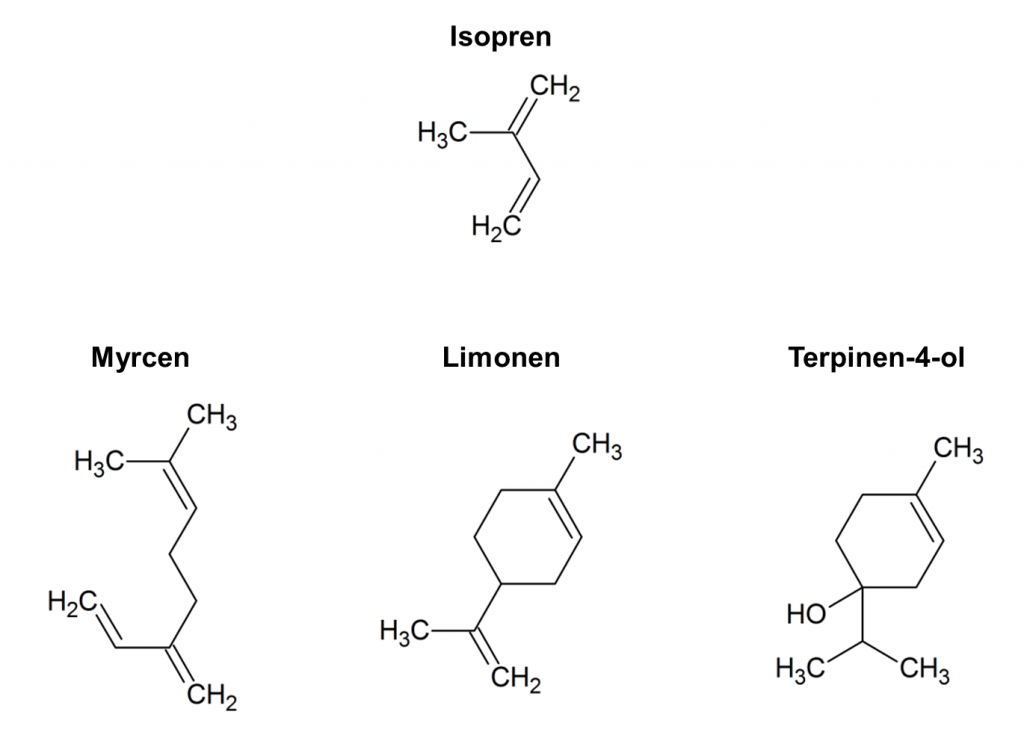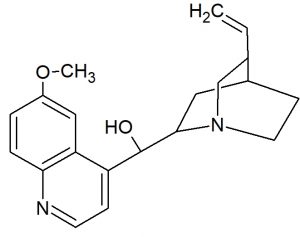
Gin is a spirit made from juniper. The name probably goes back to the French name of juniper, genévrier.
Today, gin – like many other spirits – is mainly produced by using or combining three different processes (maceration, percolation and distillation). Maceration (also cold extraction) is a process in which juniper berries and other fruits and herbs, so-called „botanicals“, are placed in a mixture of ethanol (potable alcohol) and water in order to extract the herbal aromas. This process can take a few hours or even several days.
In gin production, the term percolation usually refers to a vapor extraction in which ethanol vapor is passed over the botanicals mixture. This process is known from the mocha makers for coffee.
Contrary to what one might expect, there is no such thing as gin. The only thing that the many gins have in common is the juniper base and some of the production. However, they differ in the other ingredients.
Do an experiment!
- Fill a shot glass with tonic water [or order a tonic water or gin tonic ;-)]
- Turn on the UV flashlight and aim it at the shot glass.
- The blue glow of the tonic water can also disappear. Add some sodium chloride (table salt) to this and stir.
- Watch what happens.

Experiment: Let Gin-Tonic glow!
more …
Why does gin taste so distinctive?
more …
What is Tonic Water and why is it called Indian Tonic Water?
more …



